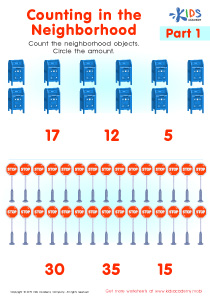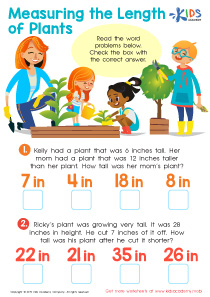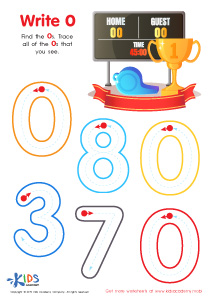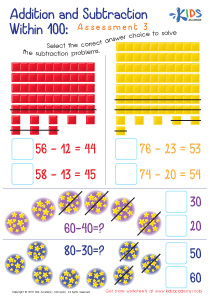Sorting skills Easy Numbers 0–10 Worksheets for Ages 6-8
3 filtered results
-
From - To
Boost your child's sorting skills with our engaging "Sorting Skills Easy Numbers 0–10 Worksheets" designed for ages 6-8. These worksheets provide a fun and interactive way for young learners to develop essential math skills by sorting numbers in various creative formats. Ranging from color-coded activities to hands-on exercises, these worksheets make learning exciting and effective. Your child will improve their number recognition and categorization abilities while enjoying a playful learning experience. Perfect for home or classroom use, our worksheets encourage critical thinking and fine motor skills in young minds. Download now and watch your little one thrive in their mathematical journey!
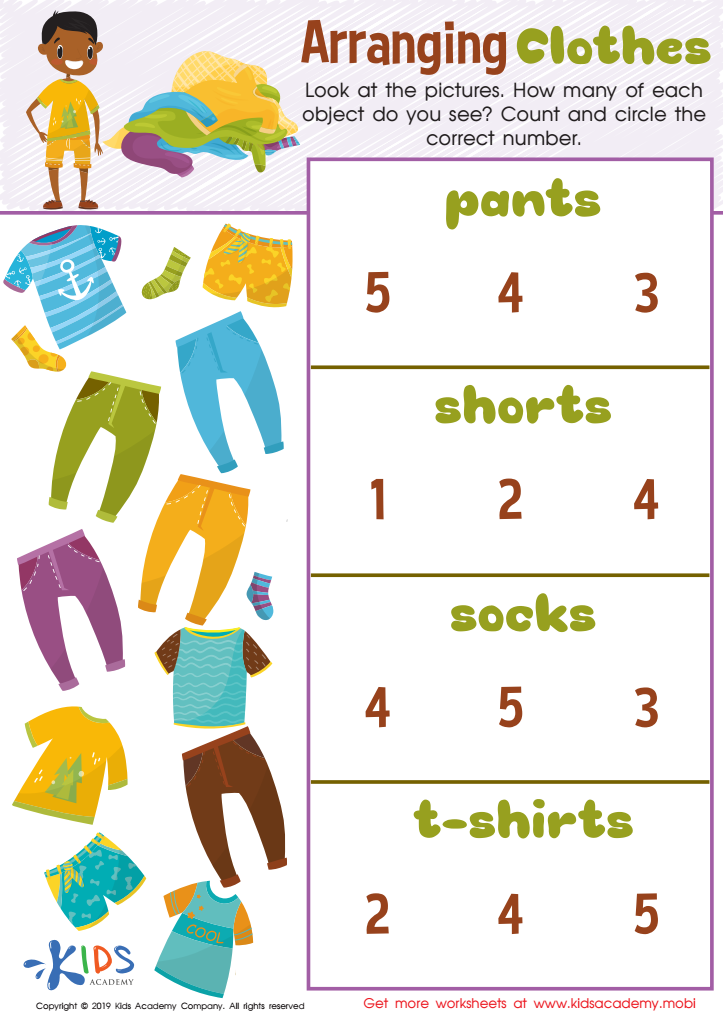

Arranging Clothes Worksheet
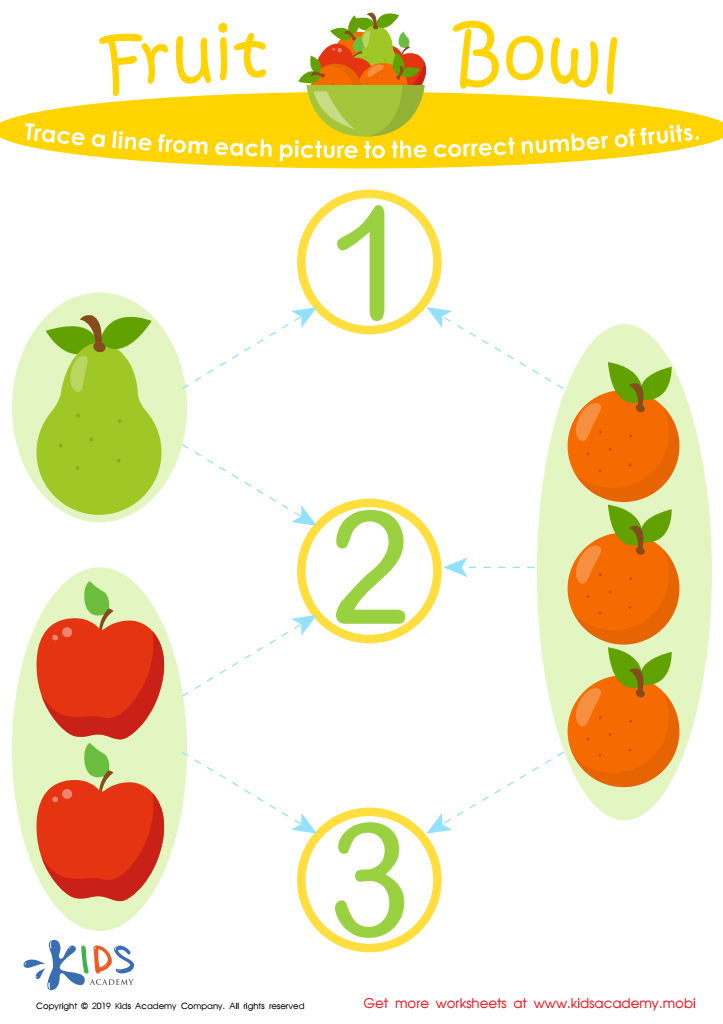

Fruit Bowl Worksheet
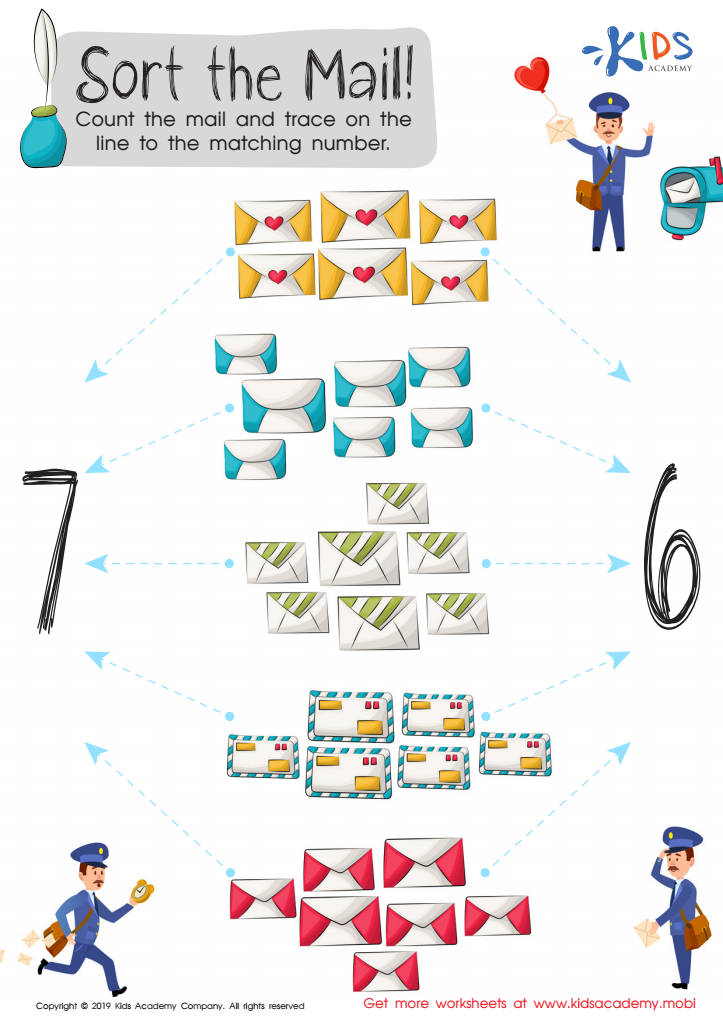

Sort the Mail Worksheet
Sorting skills are foundational for young learners, particularly for children aged 6-8 who are beginning to grasp early math concepts. Teaching sorting skills using easy numbers 0–10 helps strengthen critical thinking and classification abilities. When parents and teachers guide children in sorting, they encourage not just mathematical understanding but also cognitive skills like pattern recognition, problem-solving, and logical reasoning.
At this age, children are naturally curious and eager to explore their environment. Sorting activities can harness this curiosity, making learning interactive and engaging. For example, sorting numbers can be tied to real-life experiences, like grouping objects by size or color, which further solidifies their learning.
Moreover, sorting fosters communication skills as children discuss their reasoning with peers or adults, enhancing language development. It is also a stepping stone for future mathematical concepts, such as addition and subtraction, where recognizing relationships between numbers is crucial.
Ultimately, by prioritizing sorting skills, parents and teachers provide children with essential tools for academic success while nurturing a love for learning through hands-on activities. Engaging children in such foundational skills lays the groundwork for lifelong critical thinking and analytical abilities.
 Assign to My Students
Assign to My Students












